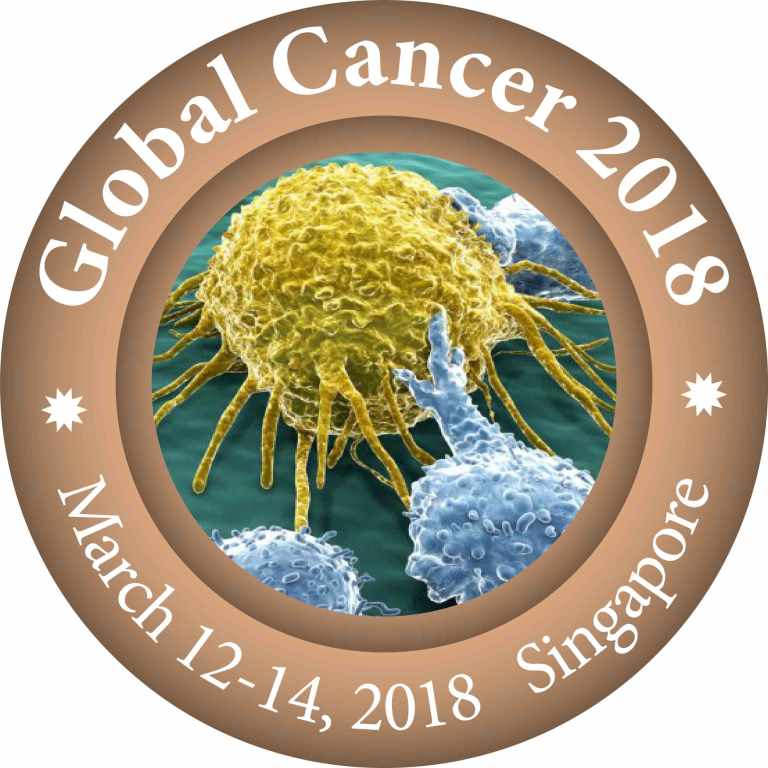
Sudeep Kumar
Unichem Laboratories Ltd, India
Title: Potential of recombinant protein (ULLB-0005) in different cancer
Biography
Biography: Sudeep Kumar
Abstract
Recombinant protein (ULLB-0005), is derived from a natural fungal protein, which has high binding specificity toward the carbohydrate antigen (Galβ1–3GalNAc-α-O-Ser/Thr). The natural Amino acid sequence has been modified to make more stable and soluble protein. Modified sequence has been cloned and express in E.coli. The protein was purified through different column chromatography and was characterized as a single protein.
The present study evaluated the anticancer activity of Recombinant protein ULLB-0005 by determining in vitro cytotoxicity fingerprint, efficacy, mechanism and safety in human cell lines. Promising cytotoxicity was observed in 9 different cancer cell line, with a good safety profile in human PBMCs. The efficacy of the Molecule as antitumor agent was assessed in respective xenograft immuno-compromised mice models in vivo. As expected the molecule showed strong anti-cancer activity in immune-compromised mice model in various cancers which was observed in the reduction of tumor volume.
ULLB-0005 induced strong apoptotic signal by modulating Phosphatidyl serine (PS) externalization, mitochondrial membrane depolarization, cell cycle arrest, ultimately leading to death in cancer cells. Inhibition of proliferation and migration was observed in human endothelial cells, suggesting potential antiangiogenic effect.
Further studies to evaluate possible synergistic effect of the molecule with approved chemotherapeutic agents for Breast and Pancreatic cancers showed good synergy in In-vitro test. Detailed multi-arm mechanistic studies to investigate the effect of the molecule on multiple targets and signaling pathways involving kinases, GPCRs, Growth factor receptors, inflammatory markers and circulatory markers for metastasis are ongoing using multiplex platforms. The data for the same shall be presented.

